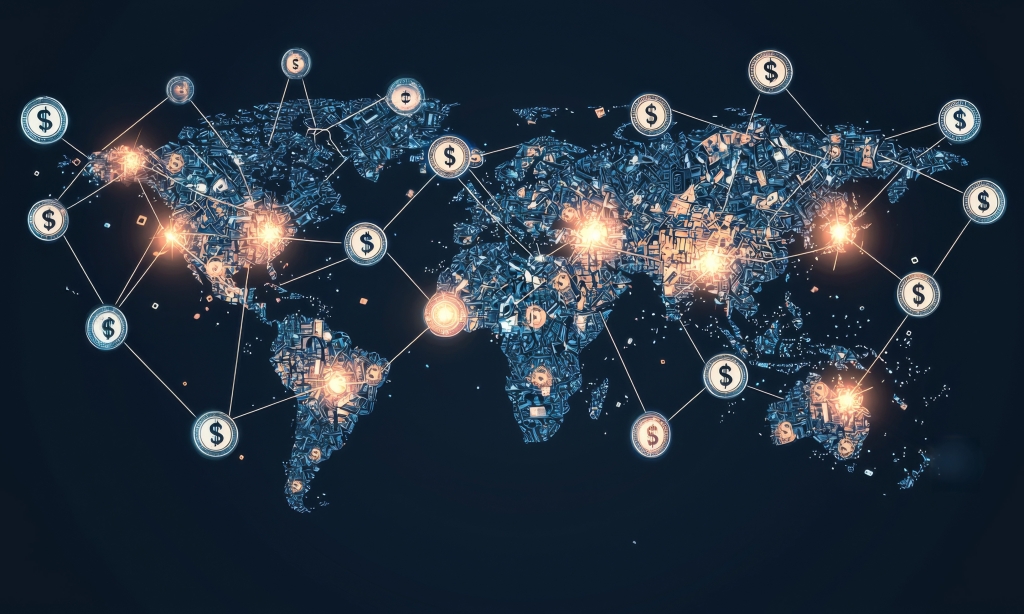

 Article
Article

Writing for The Conversation, Lauren Kaufmann, an assistant professor of business administration at the University of Virginia’s Darden School of Business, joins colleague Helet Botha of the University of Michigan-Dearborn to explore whether “impact investors” assess if their strategy is having a positive effect.

Artificial general intelligence may arrive within five years. If the predictions are right, says UVA Darden economist Anton Korinek, it's already “crunch time” for organizations and individuals.

KF* is a tool developed by economists at UVA Darden to estimate the natural level of capital inflows a country should expect to receive. By comparing actual inflows to this benchmark, KF* helps spot early signs of financial risks, like “sudden stops,” and gives policymakers and investors a clearer read on the stability of capital flows.

A landmark study of 60,000+ people across 63 countries reveals how specific messages — from emotional appeals to future-focused thinking — impact climate beliefs, policy support and real action. The key? Tailored strategies, not one-size-fits-all campaigns.
For decades, we have used quantum physics to power MRI machines, solar panels, and lasers. More recently, big tech companies have entered a race to quantum supremacy, where quantum computers surpass silicon-based super computers in speed and complex problem solving. But what is it?

Health care fraud costs the U.S. more than $100 billion annually. Why is that? And how can technology — and specifically artificial intelligence — help us identify problems sooner and potentially help prevent billions in medical fraud and abuse?

Carried interest is once again under scrutiny in Washington. UVA Darden Professor Les Alexander explains what it is, why it's controversial and how proposed changes to its tax treatment could reshape the landscape for private equity and venture capital.
Christoph Herpfer is an Assistant Professor of Finance at the Darden School of Business, University of Virginia, specializing in healthcare finance, corporate finance, and banking. He holds a Ph.D.

Rising healthcare costs are distorting credit scores, making some borrowers appear more creditworthy than they are. Research from the Mayo Center for Asset Management shows that unreported medical debt leads to higher loan defaults and affects access to credit. Are lenders aware of the risks? What does this mean for borrowers and policymakers?
Joonsung (Francis) Won holds a Ph.D. in finance from the Zicklin School of Business, Baruch College, CUNY. His research delves into financial intermediation (banking), corporate finance, and behavioral finance. Joonsung is proficient in Python, STATA, R, SAS, and Matlab, and fluent in both English and Korean.